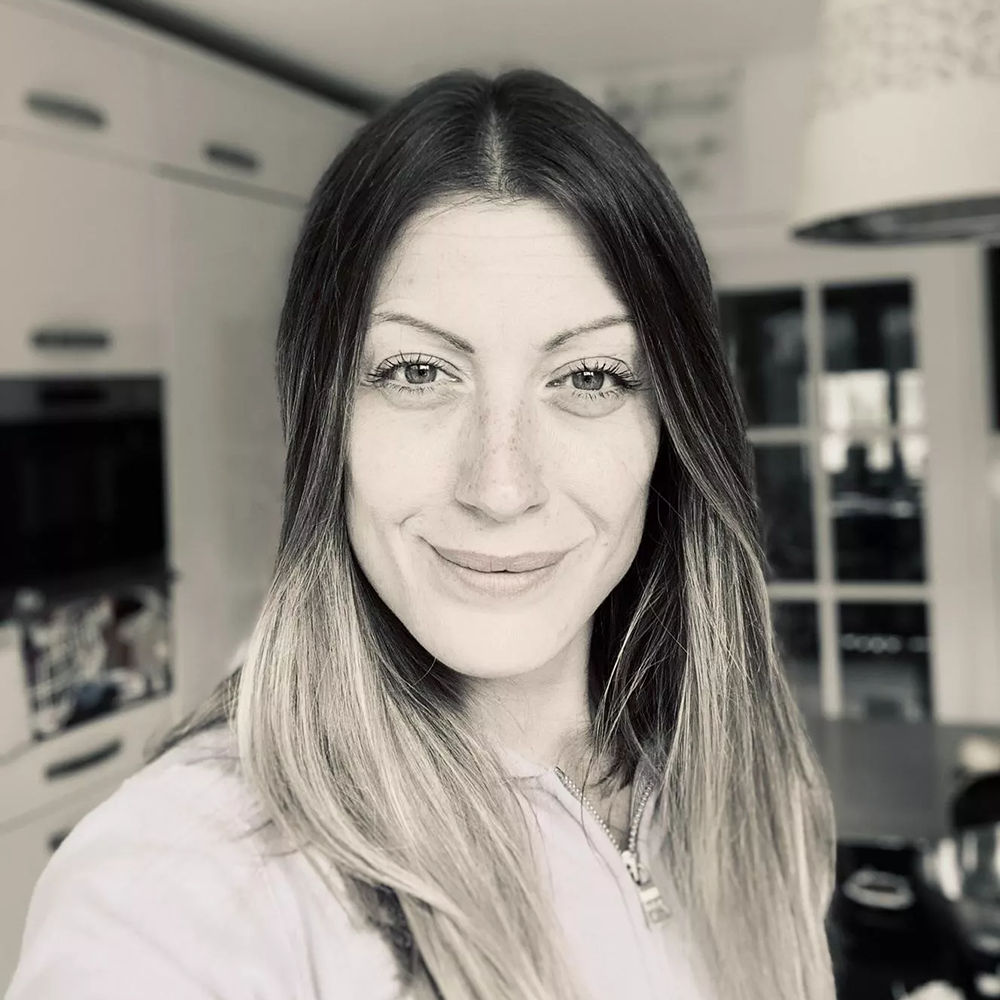
Mel Bramwell-Popham
The day we heard those dreaded words, ‘I’m afraid it’s not good news’. The day our world changed.
That weekend I lurched from disbelief to fear, from anger to feeling numb. We had a diagnosis and an answer but it wasn’t one I had ever imagined. The tears started and they didn’t stop. How could this be happening to us?
We had such big plans for our future together; a little brother or sister for Darcey, our glass house by the sea, our middle aged gap year travelling around the world. Within one phone call, all those plans and dreams came crashing down around me. The doctor’s words were ringing in my head on a loop, ‘There is no treatment and no cure’. I felt utterly helpless. Being someone who loves taking care of those around me, it was alien to me that there was nothing I could do to fix this or make it better.
Help and advice is available
Help & Info – Support for Unpaid Carers
Admiral Nurse Dementia Helpline
Find support near you
Looking after someone with dementia
Support for Carers
Remember a diagnosis is certainly life-altering for a family but it is not the end of family life. Even in advanced stages of cognitive decline, there are still moments of humour and affection. As the saying goes, ‘every day is not good, but there is something good in every day’.
Hearing that from someone else who is walking the same path can be helpful.
We are here for you.

Dr Sally Tucker
I am running around the park on my day off when a football trickles across from a game in the middle. I can’t resist running at it and sending it back, and through a stroke of luck and puff of wind in the right direction it flies past the keeper.
I smile to myself – my dad taught me how to do that. It’s a bittersweet little victory. I think about how my father won’t be able to teach my children this. About how the past ten years of his life have been an unexpected and frightening journey down a lonely and darkening path.
The journey into retirement was meant to be a carnival for my parents, both physically fit, rosy and bursting with love from their years juggling a family and their careers together, and now about to reinvent their lives again. It was meant to be a time when they did all of the things they postponed to bring up my brother and I. It makes my heart hurt.
Who Cares for the Carers?
The importance of self-care for carers cannot be over-stated. Too often carers neglect their own needs because they are so focused on the needs of others, but this pattern of existence is not sustainable.
It really is true what they say – ‘you can’t pour from an empty cup’.
The importance of taking time for yourself
Many people find it helpful to spend time doing something they enjoy.
Is there a hobby or activity you can pursue to give your mind a rest from the strain of thinking of others for an hour or two? Creating a routine and working with others who can give you some time for yourself on a regular basis can be a good way to build this self-care into your weekly schedule.
An hour or two at choir, meeting a friend for coffee, or playing badminton or bowls? It doesn’t matter what you do, but carving out some time for YOU is really important.
